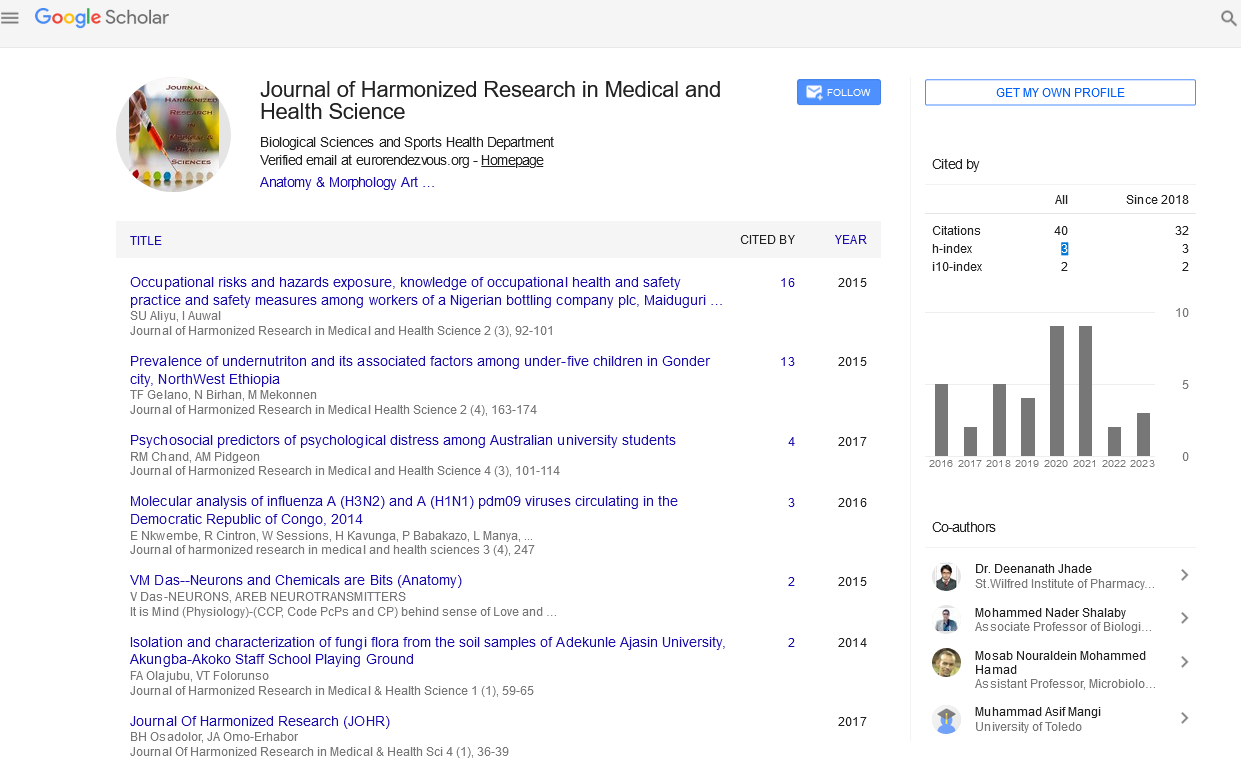ANTIBIOTIC RESISTANCE RATES OF ESCHERICHIA COLI AND KLEBSIELLA SPP. STRAINS ISOLATED FROM URINARY TRACT INFECTIONS
Abstract
Author(s): Cetin Kilinc, Ridvan Guckan, Osman Aydin, Kemal Turker Ulutas, Serhat Haluk Unal, Keramettin Yanik.
Introduction: The aim of this study is to investigate the resistance profiles of E.coli and Klebsiella spp. isolates which constitute a major part of uropathogen gram-negative bacteria isolated from urine cultures, examining by distinguishing inpatients and outpatients. Methodology: Urine samples were incubated in aerob conditions for 18-24 hours in 35 ºC by spreading blood agar and Eosin Methylene Blue agar with quantative method. Single type colonies of 105 CFU/mL and above were regarded as positive. Antibiotic sensitivity tests were made by VITEK 2 Compact (BioMerieux-France) system identification and antibiogram cards. Result: In 3.777 of 15.000 urine samples (25.1%), the most isolated among the reproduced gram-negative bacteria were 52.1% E.coli, 13.74% Klebsiella spp. isolates. Antibiotics E.coli and Klebsiella spp. isolates taken from inpatient and outpatients are most sensitive to were determined as imipenem (IPM) and amikacin (AMC). Phosphomycine and Nitrofurantoin were determined as the antibiotics in which the sensitivity was highest after IPM and AMC in especially E.coli isolates. Conclusion: Phosphomycine and nitrofurantoin usage in urinary system infections caused by these isolates was considered as appropriate choice. While the empirical treatments of these infections were made valid, regional resistance rates should be considered separately for policlinic and service patients. Keywords: E.coli, Klebsiella spp., Antimicrobial sensitivity










